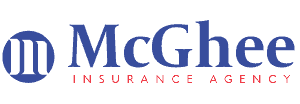Running a business involves more than selling products or providing services. At any given moment, you could face unforeseen events capable of halting your operations or draining your finances. Whether you run a small boutique, a bustling restaurant, or a manufacturing plant, unexpected setbacks can happen:
- Natural Disasters: Floods, hurricanes, and wildfires can damage your premises and valuable equipment.
- Legal Claims: A simple oversight could lead to a costly lawsuit, tarnishing your reputation and straining your finances.
- Operational Disruptions: If a key piece of machinery breaks down, you might lose valuable production time or inventory.
- Cyber Threats: Even small businesses are targets for hackers, risking exposure to customer data and sensitive company information.
A comprehensive insurance plan is a buffer between you and these potential pitfalls. Comparing different types of commercial insurance pinpoints the coverage that best aligns with your operational vulnerabilities, helping you rebound quickly from setbacks—or even avoid them altogether.












